Written by Menachem Rephun, Communications Manager and Advocate

Neurodiverse Employees and DEI: A Path to Inclusive Employment
For millions of neurodiverse Americans, Diversity, Equity, and Inclusion (DEI) has redefined fair-wage employment and made workplace culture more inclusive. Through DEI, employees with autism spectrum disorder (ASD), dyslexia, ADHD, and others have found new opportunities for success. At the same time, DEI has become an extremely controversial issue. Critics argue that despite seeking to counter discrimination, DEI reverse-discriminates by hiring based on race, gender, sexual orientation, and/or disability.
High-Profile DEI Critics
One high-profile DEI opponent is former President Donald Trump, who lauded the Supreme Court’s abolition of affirmative action in university admissions as “a great day for America”. Tesla/X CEO Elon Musk is also a staunch critic. In 2023, Musk wrote that “DEI must die”, claiming its efforts to end discrimination simply “replace it with different discrimination”.
Meanwhile, DEI supporters argue that its goal is not disenfranchising majority groups, but to correct historical imbalances and ensure fair treatment for all. “The purpose of DEI is to level the playing field,” business leader and DEI expert Amira Barger writes. “Not by taking things away—but by rectifying historical imbalances while ensuring fair treatment for all.”
The Backlash Against DEI
Amidst this controversy, one thing is clear: the mounting DEI backlash has led to many DEI programs being cut. “DEI positions have been disproportionately hit by layoffs across industries,” ABC News reported in 2023. The ongoing anti-DEI backlash makes protecting DEI for neurodiverse employees an urgent priority. It’s also crucial to recognize the downstream effects that firing DEI managers could potentially have on the neurodiverse community.
The Downstream Effects on Neurodiverse Workers
There’s no doubt that for neurodiverse employees, ending DEI would be extremely damaging in both the short and long-term. Ending DEI would result in neurodiverse employees having fewer workplace accommodations and less representation in leadership roles. They would also have less workplace accessibility, and fewer inclusive hiring practices. Perhaps most importantly, DEI has helped neurodiverse employees by pushing back against stigmas and improving employer perceptions.
According to a World Economic Forum article, some of the world’s biggest companies are now more focused on neurodiverse employment. The Washington Post writes that Victoria’s Secret, Prudential, Moderna, and other major companies expanded their DEI teams by 50% or more in 2023. Mindshift, an organization focused on employment for people on the autism spectrum, writes that “Under the Equal Employment Opportunity Commission, neurodiversity is a protected class, and best DEI practices will help foster empathy and leverage the strengths of neurodiverse individuals.”
DEI has been to vital to much of the progress in neurodiverse employment over the past several years. As a result, dismantling it would create a major setback.
Public Support and Legislative Threats
Despite the controversy around DEI, there has been support in recent years. 2020 saw a notable surge, after wide-scale protests followed the murder of George Floyd in Minneapolis. That support was short-lived, however, as companies began escalating cuts of DEI professionals later that year. A survey of over 600 companies from the data firm Revelio Labs found the attrition rate for DEI roles “has been about double that of non-DEI jobs.”
Some legislative efforts have also sought to severely reduce, if not outright eliminate, workplace DEI. In June 2024, Cong. Michael Cloud (R–TX 27th District) and Sen. JD Vance of Ohio introduced the Dismantle DEI Act, to eliminate federal DEI programs. The bill would also cut funding for federal agencies, contractors, organizations receiving federal grants, and educational accreditation agencies. In a statement, Vance described the “DEI agenda” as “a destructive ideology that breeds hatred and racial division. It has no place in our federal government or anywhere else in our society.”
This anti-DEI campaign is still in motion, and could become an even graver threat to neurodiverse employment should Republicans, by far the most vocal critics of DEI, take back the White House and Congress in 2025. All of this raises the question: what can we do to protect DEI?
Defending DEI: Advocates Speak Out
Some advocates have responded to that question by becoming more vocal in defending DEI in the workplace. One of those defenders is Shaun Harper. A USC Professor and founder of the USC Race and Equity Center, Harper has pushed back against the misconceptions around DEI. Harper argues that the concept wasn’t created to exclude white people or white men from the workforce. Speaking to CNN, Harper pointed out that many companies with DEI programs teach employees how to unlearn stereotypes and cultivate respect for each other’s differences.
“It’s not all divisive,” Harper was quoted as saying. “People can learn the skills that are needed to deliver on diversity and inclusion values.” Some of the prevailing myths and misconceptions about DEI have also been refuted by the University of Colorado in their article “Debunking Myths About Diversity, Equity & Inclusive Excellence”.
The article points out that “one of the greatest myths about diversity, equity and inclusion (DEI) efforts are that they spring from a deficit model in which differences from the norm or dominant culture are regarded as a hindrance, a problem or something to be remedied or fixed.” Contrary to this viewpoint, DEI focuses on the benefits that stem from diversity and inclusion, such as workplaces that are able to draw on innovative thinking and unique approaches to problem-solving, and are more productive through ensuring that all employees feel accepted and included.
The Future of DEI: A Call to Action
With the future of DEI in jeopardy, now is the time to protect DEI for neurodiverse employees and job candidates. Successful workplaces thrive on innovation and varied perspectives. Both of those are strengths neurodiverse employees bring to the table. According to research cited by Rethinkcare.com, neurodivergent individuals are 30% more productive than their neurotypical peers in certain roles. They also contribute increased focus and attention to detail, and can be 40% better at problem solving. Hiring neurodivergent employees can also significantly cut staff recruitment and training costs.
The fact that neurodiverse employees embody these strengths, skills, and talents is one of the most powerful arguments for why neurodiverse DEI efforts can and must continue. DEI efforts can be as simple as employers developing a deeper appreciation for neurodiverse inclusion in the workforce, and reworking their hiring strategies to make that happen. With neurodiverse DEI on the line and anti-DEI efforts becoming more aggressive, let’s be equally assertive in standing up and affirming that the time for neurodiverse inclusion is now.
Sources:
1. https://www.fastcompany.com/91113957/4-common-arguments-against-dei-and-how-to-dismantle-each-one
2. https://abcnews.go.com/US/corporate-america-slashing-dei-workers-amid-backlash-diversity/story?id=100477952
3. https://www.weforum.org/agenda/2023/05/neurodiversity-employers-workers-jobs/#:~:text=Businesses%20backing%20better%20neurodiversity%20inclusion,at%20Work%20programme%20since%202013.
4. https://www.washingtonpost.com/business/2024/02/20/corporate-diversity-job-cuts/
5. https://www.cnn.com/2024/01/07/us/dei-attacks-experts-warn-of-consequences-reaj/index.html
6. https://dei.uccs.edu/debunking-myths-about-equity-diversity-inclusive-excellence#:~:text=Perhaps%20one%20of%20the%20greatest,to%20be%20remedied%20or%20fixed.
7. https://www.rethinkcare.com/features/aligned-dei/



